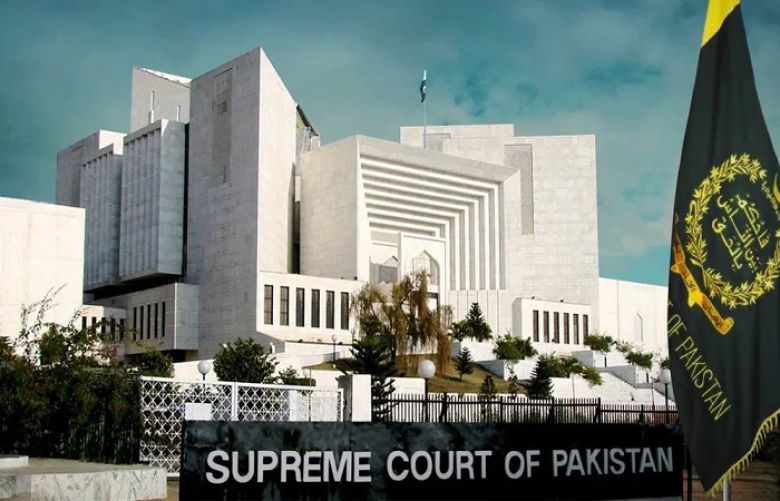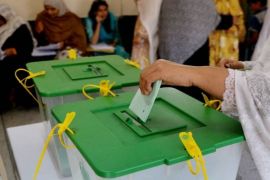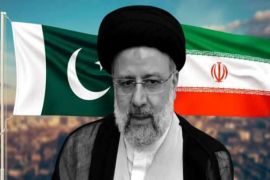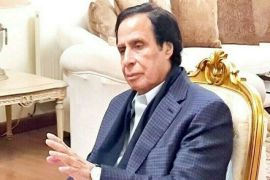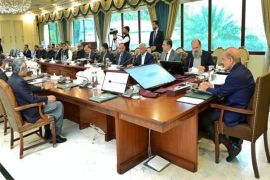The Supreme Court ruled on Tuesday that the Election Commission of Pakistan’s (ECP) decision to postpone polls to the Punjab Assembly till Oct 8 was unconstitutional and fixed May 14 as the date for polls in the province.
The apex court announced that general elections of the Punjab Assembly would be held on May 14.
The bench was headed by Chief Justice of Pakistan (CJP) Umar Ata Bandial and comprised Justice Munib Akhtar and Justice Ijazul Ahsan.
The court declared that the ECP's orders postponing the provincial assembly elections until October 8 was "illegal" and "unconstitutional". "The law does not permit the ECP to extend the election date," declared the court.
The government has been directed by the court to release funds of Rs21 billion for polls by April 10. The judgment also stated that the court would issue appropriate orders should the government fail to comply.
Earlier in the day, the Ministry of Defence, as per the apex court's directives, had submitted its report through Attorney General of Pakistan (AGP) Mansoor Awan detailing the availability of security personnel for election duties.
After analysing the report, the SC announced its verdict and reinstated the previous schedule with amendments.
The apex court ordered returning officers to accept nomination papers until April 10, and publish the candidates' list by April 19.
The ruling further held that free and fair elections must be ensured on the new poll date.
The bench further noted that "other issues were also raised during the proceedings" and clarified that two judges had recused themselves from hearing the case.
The hearings in the case, which lasted over a week, witnessed high drama after two judges of the original five-member bench — Justices Jamal Khan Mandokhail and Aminuddin Khan — recused themselves from hearing the case. Thereafter, the chief justice constituted a bench comprising himself, Justice Ahsan and Justice Akhtar to proceed with the PTI petition.
Earlier, the government had submitted a statement through AGP Awan, requesting the formation of a full court to hear the case. It also sought dismissal of the PTI petition in light of what it interpreted as a “4-3” order issued by the apex court on March 1.
During proceedings a day earlier, the SC bench appeared irked by the government declaring ‘no-confidence’ in it, and refused to listen to the arguments of the ruling parties’ lawyers before it reserved the verdict.
Pakistan Muslim League-Nawaz (PML-N) lawyer Akram Sheikh stated that he had appeared before the Supreme Court to assist it. He contended that he could make his own decisions if a party asked him to support something illegal. The lawyer added that he had the utmost respect for the apex court.
The chief justice stated that he had respect for Sheikh, Farooq H Naek and Kamran Murtaza. However, the ruling parties had expressed no-confidence in the three-member bench hearing the case.
He added that Sheikh was not present before the court in a personal capacity, rather was there to represent a political party.
Adding to this, Justice Akhtar said that the lawyer’s power of attorney was also not filed in a personal capacity, and that the government’s stance was relayed to the court by its staff through a statement shared from the PML-N’s Twitter account.
At one point during the hearing, the CJP noted that harmony among judges was crucial for the SC. He observed that while judicial proceedings were made public, consultations among judges were considered internal matters.
On the other hand, Justice Akhtar stated that if the “logic behind the 4-3 verdict” were accepted, the matter would be referred to the same nine-member bench that was first constituted to hear the elections suo motu proceedings. He added that the decision then would either be of the five-member bench or the nine-member bench.
Justice Bandial pointed out that the dissenting notes of the judges did not include anything about the reconstitution of the bench.
Earlier during the hearing, the court had directed the defence secretary to submit a classified report to explain reasons why the armed forces are not available to perform security duties in general elections of provincial assemblies.
Addressing the National Assembly a day earlier, Law Minister Azam Nazeer Tarar warned that the government will not accept if the top court delivers its verdict on a sensitive and important issue in haste.
The law minister said that the entire nation was waiting for the top court’s decision and categorically stated that any hasty decision on such a sensitive issue would be rejected.
He also asked President Arif Alvi to sign the Supreme Court (Practice and Procedure) Bill 2023, which aims to curtail the suo motu powers of the office of the chief justice of Pakistan (CJP).
Tarar had introduced the bill in the lower house of the parliament last week, March 29. It was passed by the Senate, or upper house, a day later. The new draft law, which has been sent to the president for assent, has cut down the chief justice's powers to constitute panels, hear appeals or assign cases to judges in his team, according to a copy of the bill.
The government is currently involved in a row with the SC over the holding of snap polls in two provinces where PTI chief Imran Khan had dissolved the local governments earlier this year in a bid to force early elections.
The government says it is economically not viable to hold snap elections first and then have general elections again this year.

